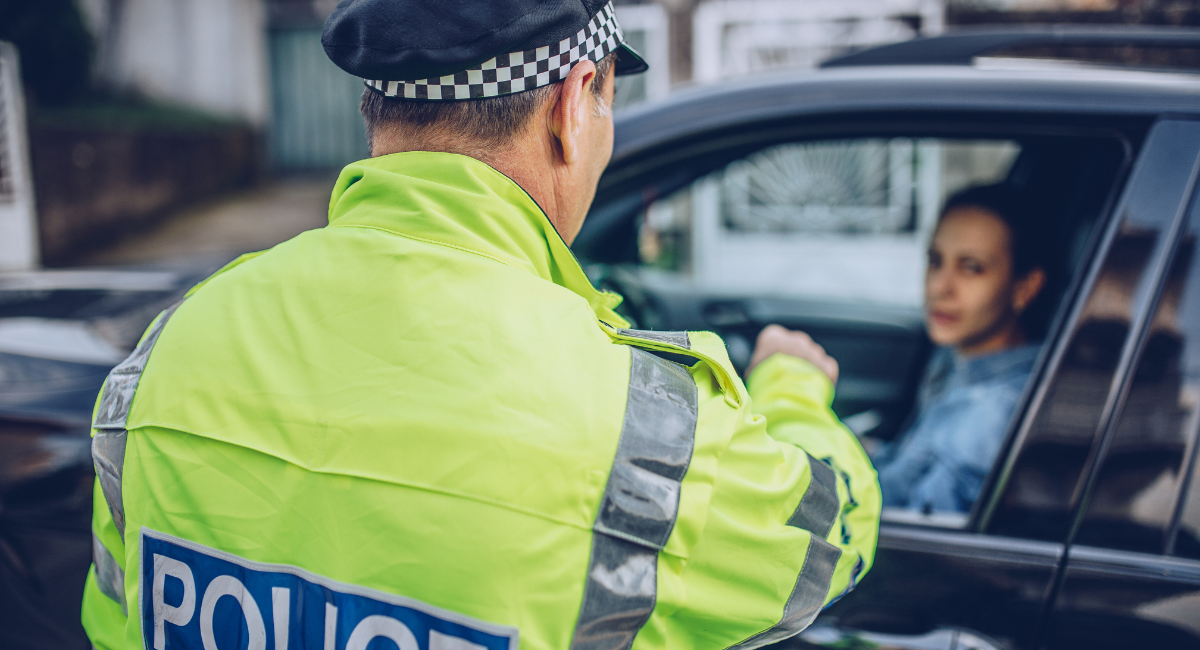Driving under the influence (DUI) is a serious offense with severe consequences in the state of New Jersey, and law enforcement officers are vigilant in identifying and arresting impaired drivers. One particular aspect of DUI-related legislation that all drivers should be aware of is New Jersey’s implied consent law. This law, which presumes that drivers have consented to submit to a chemical test if asked by law enforcement, can have significant consequences if you refuse to do so during a DUI traffic stop. In this article, we will provide you with an in-depth understanding of New Jersey’s implied consent law, including its implications for drivers during a traffic stop, the penalties for refusing a chemical test, and potential defense strategies that can help mitigate the consequences of a refusal.
Failure to understand and comply with the state’s implied consent law can lead to severe penalties, including fines, license suspension, and even jail time in some cases. To protect your rights and navigate the complexities of this law, it’s essential to seek the counsel of an experienced New Jersey DUI defense attorney.
The Implications of New Jersey’s Implied Consent Law for Drivers
New Jersey’s implied consent law states that when you operate a vehicle within the state, you automatically agree to submit to a chemical test if a law enforcement officer has reasonable grounds to suspect you are driving under the influence. In most cases, this involves a breath test using an Alcotest device. Officers may also request blood or urine tests under certain circumstances.
It is crucial to understand your obligations under the implied consent law because refusal to comply with a law enforcement officer’s request for a chemical test can lead to severe consequences. While you have the right to refuse a field sobriety test or a preliminary breath test (PBT), the refusal of the official chemical test will subject you to penalties under the implied consent law.
Refusal Penalties Under New Jersey Law
Under New Jersey law, drivers who refuse to submit to a chemical breath test can face significant penalties, including:
- License suspension: First-time offenders may lose their driving privileges for seven months to one year. Subsequent refusal offenses can result in a two-year suspension for the second offense and a ten-year suspension for the third offense.
- Fines: Refusal fines can range from $300 to $1,000, depending on the number of prior offenses. Additionally, you may be subject to an automobile insurance surcharge of $1,000 per year for three years for a first or second offense, and $1,500 per year for three years for a third offense.
- Intoxicated Driver Resource Center (IDRC) Program: Refusing a chemical breath test in New Jersey may require you to participate in the IDRC program, which involves mandatory alcohol education classes and possible treatment.
- Ignition interlock device: Refusing a chemical test might require the installation of an ignition interlock device on your vehicle during the license suspension period and six months to a year after license restoration.
Potential Defense Strategies for Implied Consent Refusal Cases
While refusing a chemical test under New Jersey’s implied consent law can have severe consequences, there are potential defense strategies that can be employed by an experienced DUI defense attorney, such as:
- Challenging the legality of the traffic stop: One primary defense strategy involves proving that the initiating traffic stop was not based on reasonable suspicion or that there was no probable cause for the DUI investigation.
- Checking the chemical test’s administration and accuracy: An attorney may scrutinize the way the chemical test was administered or the accuracy of the equipment used, potentially rendering the test results inadmissible in court.
- Questioning the refusal charge: A skilled attorney may challenge the actual nature of your refusal. For example, if you did not explicitly refuse the test or your refusal resulted from misunderstandings or language barriers, the refusal charge may be invalidated.
- Evaluating the officer’s DUI arrest training and experience: In some cases, your attorney can challenge the arresting officer’s qualifications regarding DUI stops and chemical test administration procedures.
The Importance of Legal Representation in Implied Consent Cases
New Jersey’s implied consent law carries specific penalties outside the DUI charge itself. If you are facing charges related to refusing a chemical test, it is crucial to have an experienced DUI defense attorney like Daniel S. Kratka on your side to protect your rights and provide you with the best possible defense.
With our law firm’s dedicated team of professionals at your disposal, you can rest assured that we will aggressively challenge the prosecution’s case and diligently work to minimize the consequences of refusal charges. We understand the complexities of New Jersey’s implied consent law and are proficient at identifying and exploiting gaps in the prosecution’s case.
If you’re dealing with the complications and potential penalties associated with the implied consent law in New Jersey, reach out to NJ DUI Defender for professional legal assistance. Our DUI defense lawyers will provide you with the knowledge, guidance, and support you need to confidently navigate your case and effectively defend your rights.










